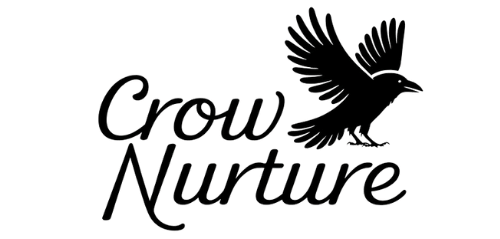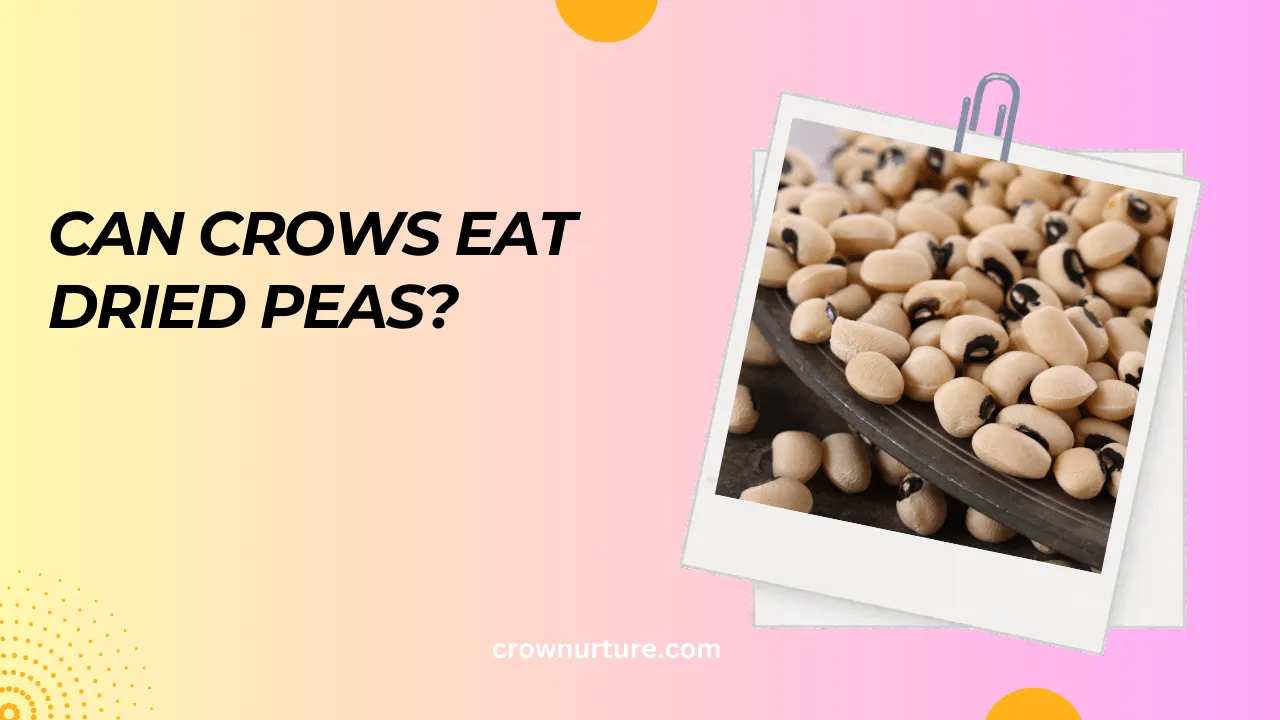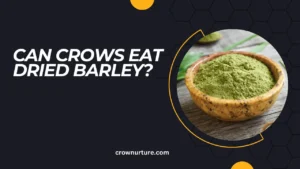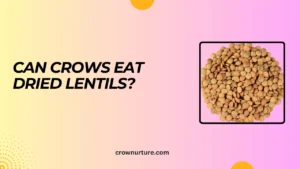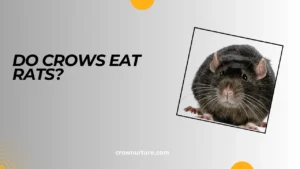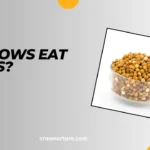Crows are some of the most intelligent creatures in the animal kingdom, captivating bird enthusiasts and researchers alike with their problem-solving skills and adaptability. Their diverse diet allows them to thrive in a variety of environments, from bustling cities to serene farmlands.
But have you ever wondered if these clever birds can eat dried peas? The question might seem trivial, but it’s worth exploring. As humans increasingly interact with wildlife, understanding what foods are suitable for birds like crows is essential.
Feeding them something as common as dried peas might seem harmless, but could there be hidden risks or unexpected benefits? This blog dives into the fascinating world of crow diets, examining whether dried peas can safely be added to their menu.
From their nutritional value to potential risks, we’ll unpack everything you need to know. By the end, you’ll have a clearer understanding of how to care for these remarkable birds without disrupting their natural habits.
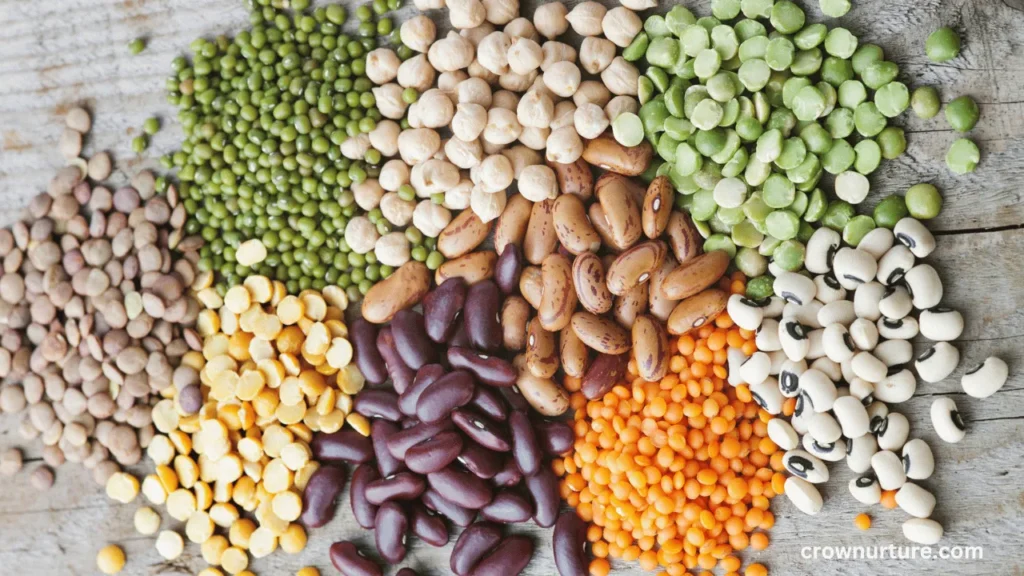
Contents
1. Crow Diet: A General Overview
Crows are omnivores, which means they can consume both plant and animal-based foods. Their diet includes fruits, seeds, insects, and even small animals. This flexibility helps them survive in diverse environments.
These birds often exhibit scavenging behavior, feeding on food scraps left behind by humans. However, they also have a natural preference for nutritious foods like nuts, grains, and protein-rich insects, which provide the energy they need to thrive.
By consuming such a wide variety of foods, crows play a vital role in maintaining ecological balance, such as controlling insect populations and aiding in seed dispersal.
2. Nutritional Value of Dried Peas
Dried peas are an excellent source of protein, which supports muscle growth and repair, essential for active birds like crows. Protein also helps sustain their energy levels during long flights or while foraging.
These peas are rich in fiber, which aids in digestion and prevents gastrointestinal issues. Fiber is particularly important for birds that consume a mix of tough plant material and softer foods.
Dried peas also contain essential vitamins and minerals, including vitamin B6, potassium, and magnesium. These nutrients contribute to a crow’s overall health by supporting nerve function, energy metabolism, and bone strength.
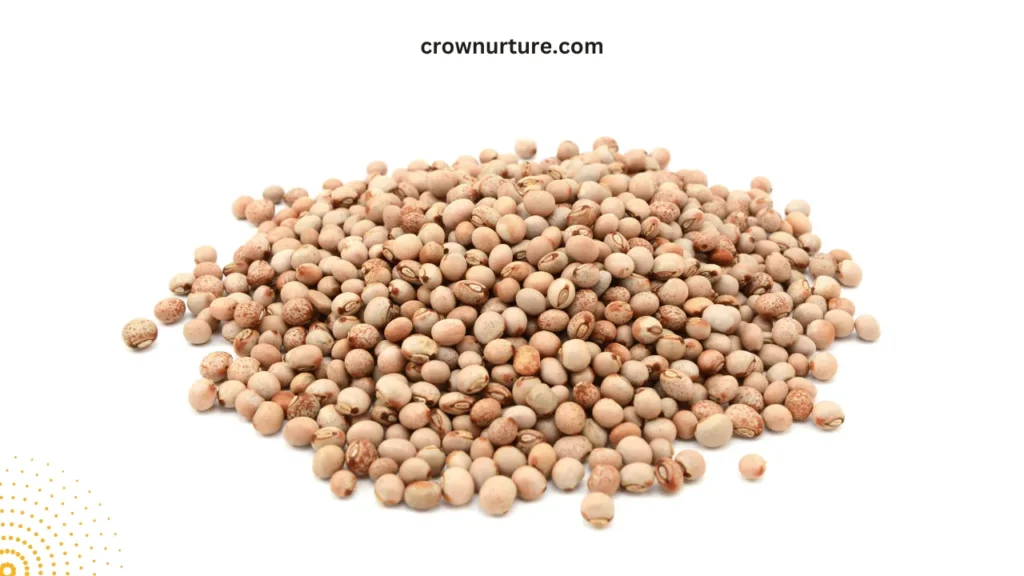
3. Can Crows Digest Dried Peas?
Crows possess a specialized digestive system that includes a gizzard, a muscular organ that grinds up hard foods like seeds and grains. With the help of grit (small stones they consume), crows can process tough foods, including dried peas.
However, the hardness of dried peas can pose a challenge, particularly for younger or weaker birds. Soaking the peas in water to soften them can make them easier to eat and digest.
Factors like the age, health, and environment of the crow can also influence its ability to digest dried peas. For instance, during colder months, their digestive systems may work harder to process dense foods.
4. Risks and Benefits of Feeding Crows Dried Peas
Feeding crows dried peas has its pros and cons. On the positive side, peas provide a nutritional boost, offering energy and essential nutrients. When offered occasionally, they can complement a crow’s natural diet.
However, there are risks to consider. Whole, hard peas can be a choking hazard, particularly for smaller birds or those without access to grit for grinding. Additionally, overfeeding peas can lead to a nutritional imbalance, as crows might ignore other vital food sources.
To mitigate these risks, it’s best to soak or cook the peas before feeding and offer them sparingly as part of a varied diet.
5. Ethical Considerations of Feeding Wild Birds
Feeding wild birds like crows comes with ethical responsibilities. Providing food can disrupt their natural foraging behavior, making them reliant on human handouts instead of searching for food in the wild.
Excessive feeding might also lead to overpopulation in certain areas, which can strain local ecosystems and increase competition among birds. There’s also the risk of spreading diseases, as large gatherings of birds around food sources can facilitate disease transmission.
If you choose to feed crows, always do so responsibly. Ensure that the food is safe, offered in moderation, and doesn’t interfere with their natural instincts.
Conclusion
Crows are incredibly adaptable birds that can consume a wide variety of foods, including dried peas. While peas provide valuable nutrients like protein, fiber, and vitamins, their hardness can pose challenges.
By soaking or cooking the peas and offering them in moderation, you can safely incorporate them into a crow’s diet. It’s important to remember, however, that feeding wild birds should not replace their natural foraging habits.
Providing food responsibly ensures that these intelligent creatures maintain their health and independence while still benefiting from occasional human interaction. Supporting their natural environment—such as planting native vegetation or ensuring access to clean water—remains the best way to help crow populations thrive.
FAQs
1. Can crows eat dried peas directly?
Yes, but it’s safer to soak or cook them first to avoid choking hazards.
2. Are dried peas nutritious for crows?
Absolutely! Dried peas are rich in protein, fiber, and essential vitamins, making them a healthy treat.
3. Can I feed crows split peas?
Yes, split peas are smaller and easier for crows to eat, especially when soaked.
4. Are there any risks to feeding crows dried peas?
Whole, hard peas can be a choking hazard or difficult to digest. Overfeeding can also cause nutritional imbalances.
5. Can dried peas replace a crow’s natural diet?
No, dried peas should only supplement a crow’s diet, not replace their natural food sources.
6. How should I prepare dried peas for crows?
Soak or lightly cook the peas to soften them and make them safer for the birds to eat.
